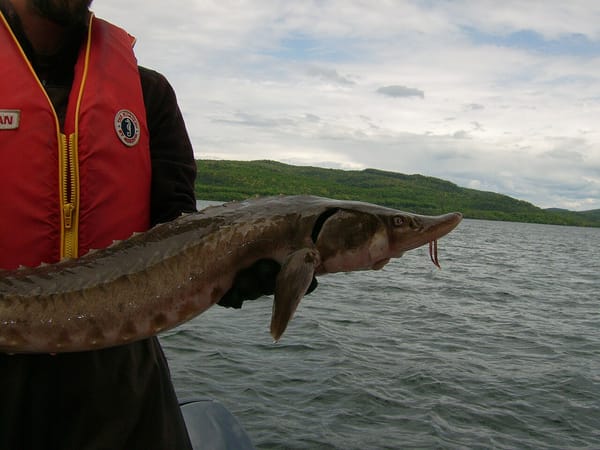When you step out of your car at the cabin and take that first deep breath? That clean, sharp scent that instantly makes your shoulders drop and your mind clear? Yeah, that's not just nostalgia hitting you. There's actual chemistry happening in your nose right now, and it's pretty fascinating.
Turns out, pine trees are basically running their own chemical factory up there in those branches. The main players are compounds called terpenes - specifically one called alpha-pinene that gives pine its signature woody, fresh smell.
Think of terpenes as the tree's personal bodyguards. When bark beetles come knocking or fungi try to set up shop, the tree pumps out these chemicals like it's nobody's business. The resin that oozes out when you nick a tree? That's loaded with the stuff.
These aren't just any chemicals either. We're talking about over 40,000 different terpene structures found in nature, with pines producing their own special blend. Alpha-pinene, beta-pinene, limonene, camphene - each one adding its own note to that symphony of scent we call "pine fresh."
The Chemistry of Comfort

Those same defensive compounds that protect trees happen to trigger something in us humans too. Scientists in Japan have been studying this since the 1980s, when their government started promoting "forest bathing" as part of their health programs.
Now, before you think this is just fancy talk for taking a walk, researchers have been measuring what actually happens when people spend time around pine trees. Some studies suggest breathing in these compounds might affect immune function and stress hormones, though the research is still ongoing and scientists are careful to note that more studies are needed to understand exactly how and why.
What we do know for sure is that people consistently report feeling better after time in pine forests. Whether that's the terpenes, the quiet, the exercise, or just getting away from screens for a bit - well, that's still being sorted out. But the correlation is strong enough that entire tourism industries have sprung up around it.
Not All Pines Are Created Equal
Here's something most folks don't know - different pine trees pack different aromatic punches. Your standard pine gives you that classic alpha-pinene hit, but throw in some spruce or fir, and you're getting beta-pinene, camphene, and limonene in the mix. That last one? Same stuff that makes lemons smell lemony.

The Jeffrey pine out west apparently smells like butterscotch when you get up close to the bark. Meanwhile, balsam firs are winning popularity contests as the most fragrant Christmas trees. Eastern hemlocks throw in a citrus twist to their piney base notes.
Here in Saskatchewan, our jack pines and white spruce are pumping out their own cocktail of these compounds. The concentration changes with temperature too - researchers say around 30 degrees Celsius is when trees really get their terpene production going.
Makes sense why that summer cabin air hits different than a winter walk in the same woods.

More Than Just a Good Smell
What's really cool is how these airborne chemicals might be doing more than we thought. Some research suggests terpenes can actually form tiny particles in the air that help create clouds above forests.
Trees using chemistry to control their own weather? Now that's next level.

Pine essential oils have been used in traditional medicine for ages, and while modern science is still catching up on understanding all the mechanisms, there's growing interest in studying these compounds. Some folks diffuse pine oils at home, trying to capture a bit of that forest feeling. Does it work the same as the real thing? Jury's still out, but it sure smells nice.
The bottom line is this: that distinctive pine smell comes from a complex cocktail of chemicals that trees produce for their own survival. The fact that we find it so pleasant, so calming, so... right?
That's either a happy accident of evolution or nature's way of telling us to spend more time in the woods.

Next time you're out there, crushing pine needles between your fingers or just breathing in that forest air, you're experiencing an ancient chemical language. The trees are talking, and somehow, some way, our bodies seem to understand the message.
Now if you'll excuse me, all this pine talk has me itching to get outside.
These computer screens aren't giving off any terpenes, that's for sure.






Join the Conversation